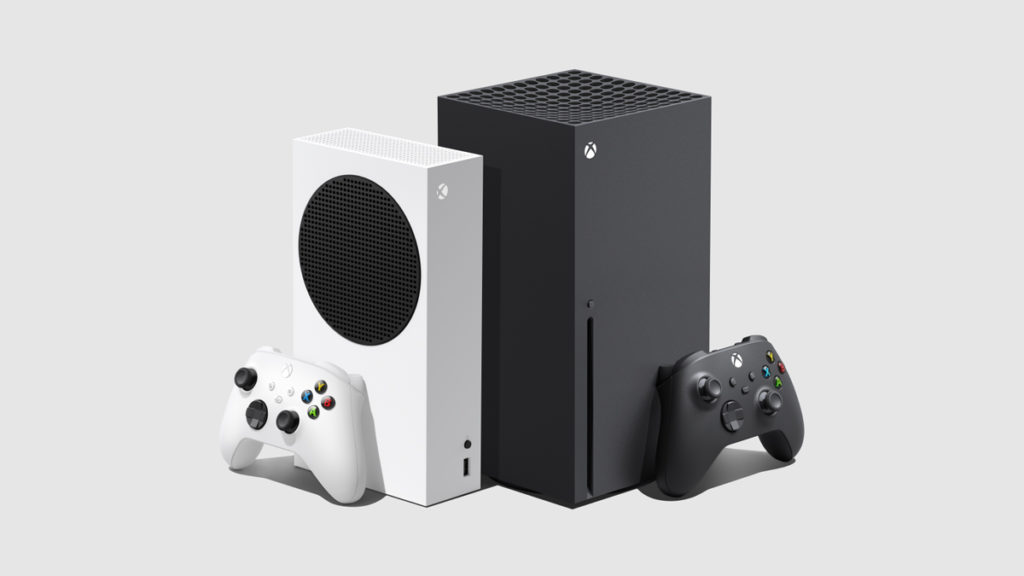I don't know about that. You can't just consider whatever top-tier hardware is available -- the average "gamer PC" isn't going to have a 3090 in it.
Point taken, though I wouldn't want to compare the current console generation to the
mathematically average PC gamer. The majority of gamers recorded on Steam aren't playing games that would require the grunt available from modern consoles, myself included if I'm not on my desktop.
I'd want to compare gamers playing the 'most stressful' games designed for the latest consoles, to try and even it out.
Now, will that change by the time we get to the tail end of the console generation lifespan? I hope so, but I don't think the console will be massively behind the "average" PC before it sees either a generational change, or a mid-generation refresh. You could make a strong case that PCs are just now catching up to the last generation - XB1X Pro clocked in at 6TF...
In terms of the overall average, absolutely, and I'll add that this is a draw - if you're comfortable with consoles as a gaming platform, they're just flat out more economical. Still, Jaguar cores and... I forget which AMD underpowered GPU aren't much to really talk about except just how much work MS and their developers were able to get it to do!
Hardware I don't think has anything to do with the console lock-in or the reason why MS won't bring the full XB experience over to the PC. I think it has everything to do with the licensing royalties ... which they could also do on the PC in some manner that doesn't cripple open, non-XB gaming, they just haven't figured that out yet.
Hardware is part of it, just like with phones or other fairly 'locked-in' platforms. It's a big difference you see in Apple mobile products versus Android-based devices, and even say between a Pixel and others, where Google pulls top-flight performance out of what are usually mid-range SoCs.
With consoles, MS and Sony (and Nintendo with Nvidia) have the opportunity to spec changes that make the hardware more amenable to the appliance-like nature of their platforms.
Now by all accounts the Xbox is losing quite a bit of that, what with modern AMD CPU and GPU logic and components being more or less off the shelf outside of the SoC, but letting games run on desktops is a whole nother level of work I think. Only Microsoft or perhaps multiplatform Xbox developers could really give us an answer there.


